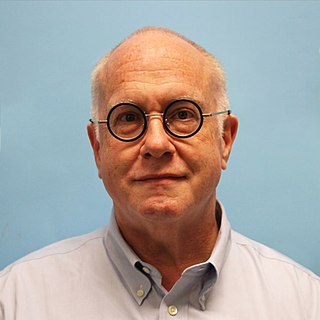A Quote by Jill Abramson
Although I believe the Web has greatly increased the distribution of quality news, I do worry about those who don't have Internet access.
Related Quotes
When I was 14, I spent a huge amount of time on the Internet, but not the Internet we know today. It was 1994, so while the World Wide Web existed, it wasn't generally accessible. Prodigy and CompuServe were popular, and AOL was on the rise, but I didn't have access to the web, and no one I knew had access to the web.
I definitely feel like there's a lot of terrible things on the Internet, obviously. You can really pretty much find anything on there. It's pretty awful. And the crazy thing is that we don't even access that much of it - it's like the dark web or whatever. It's the other Internet that we don't even access.
Everyone should be concerned about Internet anarchy in which anybody can pretend to be anybody else, unless something is done to stop it. If hoaxes like this go unchecked, who can believe anything they see on the Internet? What good would the Internet be then? If the people who control Internet web sites do not do anything, is that not an open invitation for government to step in? And does anybody want politicians to control what can go on the Internet?
In the Internet world, both ends essentially pay for access to the Internet system, and so the providers of access get compensated by the users at each end. My big concern is that suddenly access providers want to step in the middle and create a toll road to limit customers' ability to get access to services of their choice even though they have paid for access to the network in the first place.



































